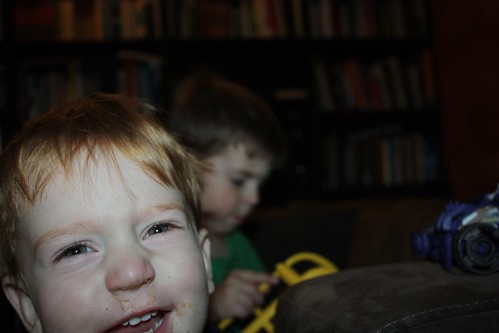Wow, how long has it been since I’ve written about the books I’ve read? Let’s make some clever comments about a few of them.
“Invisible Cities” by Italo Calvino – Marco Polo and Kublai Kahn having a fun chat about everything and nothing.
“A Manual for Cleaning Women” by Lucia Berlin – Short stories about a mom of four in the 50’s America.
“The Wrong End of the Telescope” by Rabih Alameddine – Introspection on the Syrian refugee crisis terrifiingly well written.
“Harsh Times” by Mario Vargas Llosa – American foreign policy sucks.
“Convenience Store Woman” by Sayaka Murata – How to find your perfect job.
“Never Let Me Go” by Kazuo Ishiguro – A boarding school story until..



